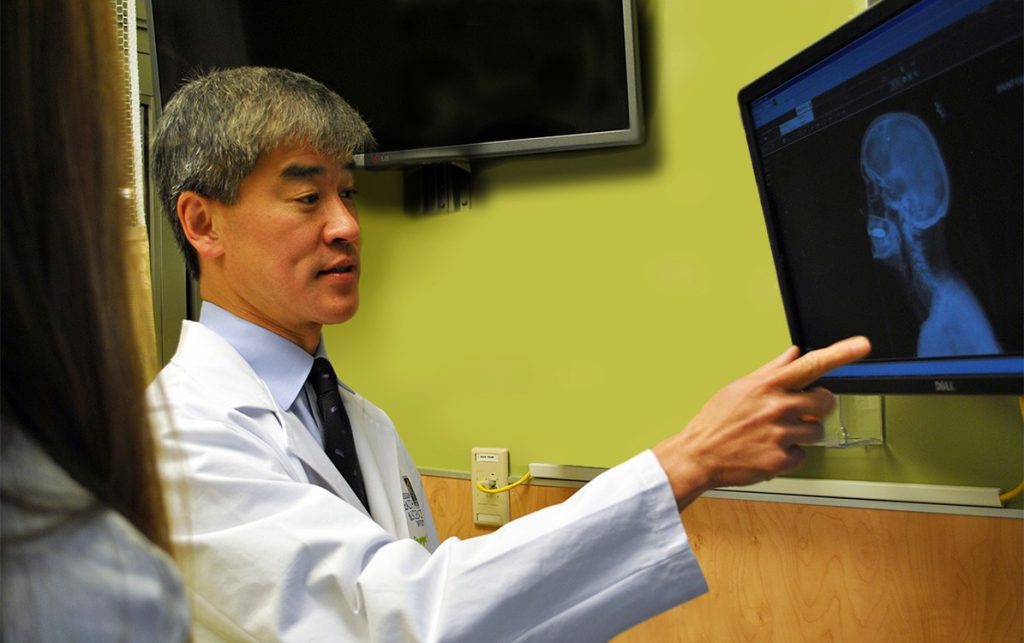Emergency Medicine Requires Extensive Knowledge of Medical Science and Clinical Expertise


Emergency medicine is a fast-paced specialty that requires extensive knowledge of medical science and clinical expertise. It is also one of the most diverse specialties, treating patients from all age groups in a range of situations. Upon graduation from medical school, physicians must complete a residency program before they can practice their chosen field. Emergency medicine residency programs can last from three to four years. After residency, physicians can choose to complete a fellowship, which is the highest level of post-professional training for doctors in a specific field.
Residency
EM residency training provides a three- to four-year training program for physicians who want to become emergency medicine (EM) specialists. The training focuses on developing a broad base of knowledge and experience in all aspects of emergency care.
During your residency, you’ll be exposed to patients of all ages and from many backgrounds. This allows you to work effectively with a variety of patients, both healthy and critically ill.
You’ll also participate in a number of practical experiences including disaster preparedness exercises and mass gatherings. This field exposure helps you develop a sense of resilience that is vital to your career as an EM physician.
NYP’s EM residency program is a premier, four-year training program in NYC that is based at NewYork-Presbyterian hospital, one of the most comprehensive academic health care systems in the nation. Our residents are taught by some of the top educators in their fields and have unparalleled opportunities for research, education, and service.
Fellowship
Fellowship programs are a valuable part of the doctoral training process for medical students and doctors who are interested in sub-specialty work. They provide an opportunity to work closely with a specialist physician in order to gain expertise.
A fellowship can also be a way to gain professional experience and a social circle within your field of study. Many fellowships also offer professional training, seminars, and education during the time of the program.
Medical Science and Clinical Expertise is a specialty that requires advanced training and specialization. Some fellowships focus on a specific niche of the discipline, such as trauma care or acute cardiac management.
Emergency medicine fellowships are a great way to develop the necessary skills and experience to practice this specialty. These fellowships typically require a master’s degree or higher, as well as good grades and research experience. They can be challenging, but they can be extremely rewarding. You should be dedicated to your fellowship program and put in the effort to make it a success!
Work Experience
Emergency Fne is an exciting, challenging and rewarding specialty where doctors treat patients of all ages in the immediate aftermath of an accident or illness. It is a fast-paced career with plenty of opportunities to work in different settings, including emergency departments, minor injuries units and regional trauma networks.
A work experience program can help you gain the skills and knowledge you need to start your emergency medicine career. These programs usually require a letter of reference from the employer and may be time-consuming, so you should check this carefully.
If you have a high emotional IQ, this is a great opportunity to develop your interpersonal skills. It’s important to learn how to work with people you haven’t met before and understand that your role in the team changes rapidly based on the needs of each patient.
You can also find opportunities to gain research experience for your medical school application in emergency medicine. These are generally eight-week summer programs that match students with physician or nurse investigators to collaborate on one or more research studies.
Board Certification
Board certification is an honor and a mark of excellence that many doctors want to achieve. Doctors who are certified by the American Board of Emergency Medicine (ABEM) demonstrate that they have the knowledge and experience necessary to provide high-quality care to their patients.
The ABEM offers several pathways to board certification in emergency medicine. One is the Integrated Medicine-Critical Care Fellowship (IM-CCM), which was co-sponsored by ABEM and the American Board of Internal Medicine in 2011.
There are also combined 6-year EM/IM/CCM fellowships across the country. These offer clinical training in the care of critically ill medical patients in the emergency department and often focus on research in resuscitation.
The ABEM also offers certification in Pediatric Emergency Medicine. This is a subspecialty of emergency medicine that emphasizes the care of children and adolescents with acute life-threatening illnesses. In order to become a Pediatric Emergency Physician, a candidate must complete a fellowship program, pass both a written and oral examination and have completed a minimum of two years of full-time practice in the field of emergency medicine.

